

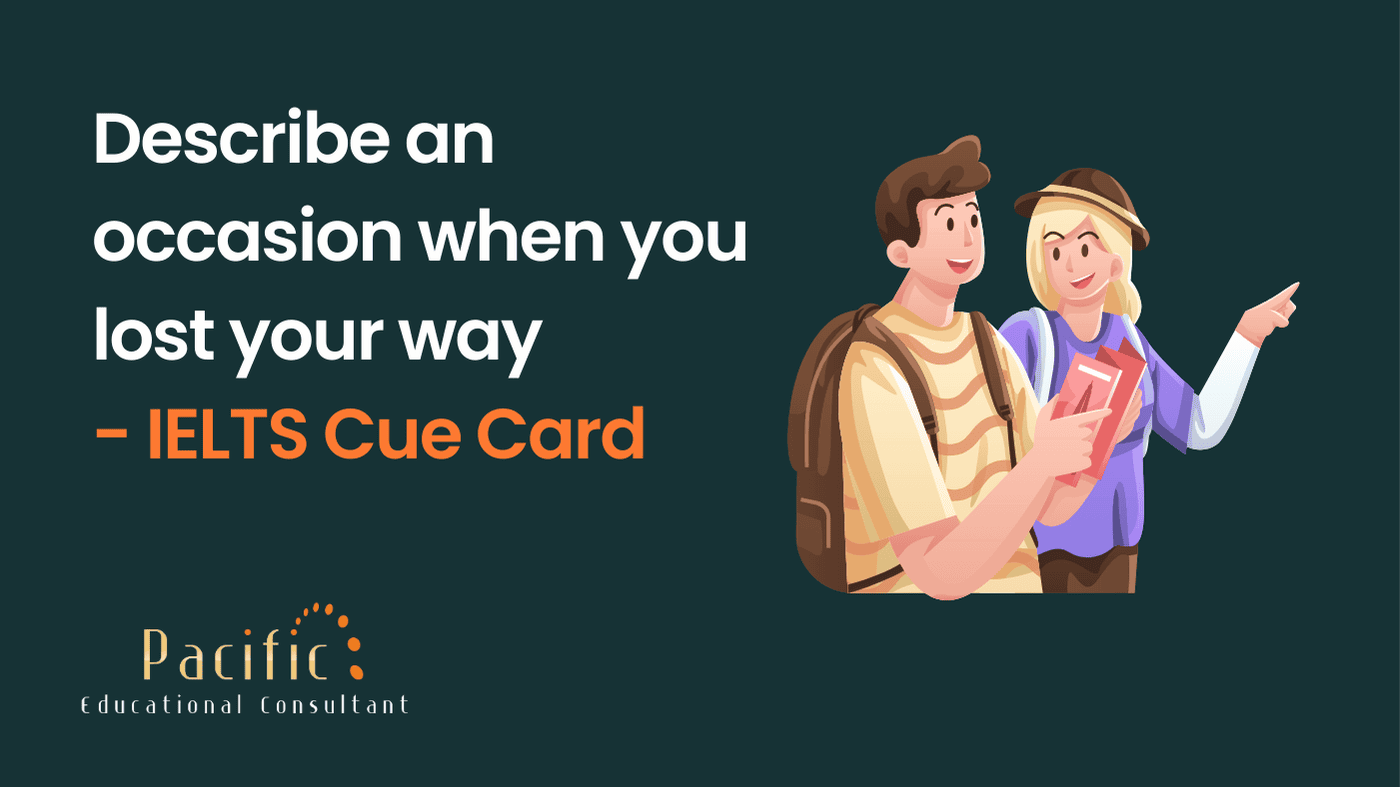
You should say:
I was in Udaipur about two years ago with my cousins. We had gone to visit the City Palace, and after the visit, I decided to take a walk around the nearby market on my own.
While exploring the narrow lanes full of shops, I lost track of the direction back to the palace. All the streets looked very similar, and after a while, I realized I had completely lost my way.
At first, I felt a bit anxious and nervous because it was getting dark, and my phone battery was almost dead. I was also worried that my cousins might get tense if I didn’t return soon.
Finally, I asked a rickshaw driver for help. He kindly guided me back to the main road, and from there I recognized some landmarks and managed to reach the palace gate where my cousins were waiting.
Most people feel anxious, nervous, or even frustrated. Some may panic if they are in an unfamiliar place, while others may feel curious if they see it as an adventure.
Yes, some people naturally have a strong sense of direction and can remember landmarks easily, while others rely heavily on technology or help from others.
Definitely. Young people mostly depend on GPS and mobile apps, whereas older people usually ask locals or remember directions from experience.
Yes, in a way. Because they rely so much on navigation apps, many young people don’t develop strong orientation skills like remembering routes or reading maps.
It has become less common, but people can still get lost if their battery dies, if there is no internet connection, or if the map shows the wrong route.
Older people may have weaker memory, difficulty reading small details on maps, or trouble using navigation apps. They may also feel more stressed and insecure when lost.
It’s not a big problem, but they should be cautious. Without navigation, they may discover new places, but there’s always a chance of confusion or delay in reaching back.
They can ask locals for directions, look at signboards, use landmarks as reference points, or rely on offline maps if the internet is not available.
Yes, preparation is very important. Checking maps, saving offline routes, and knowing key landmarks can save time and reduce stress during travel.
Yes, it’s a useful skill. Even though digital maps exist, basic map-reading helps in situations where technology fails or when traveling in remote areas.
Not always, but in some situations like hiking, rural travel, or weak network areas, a paper map can be very helpful and reliable.
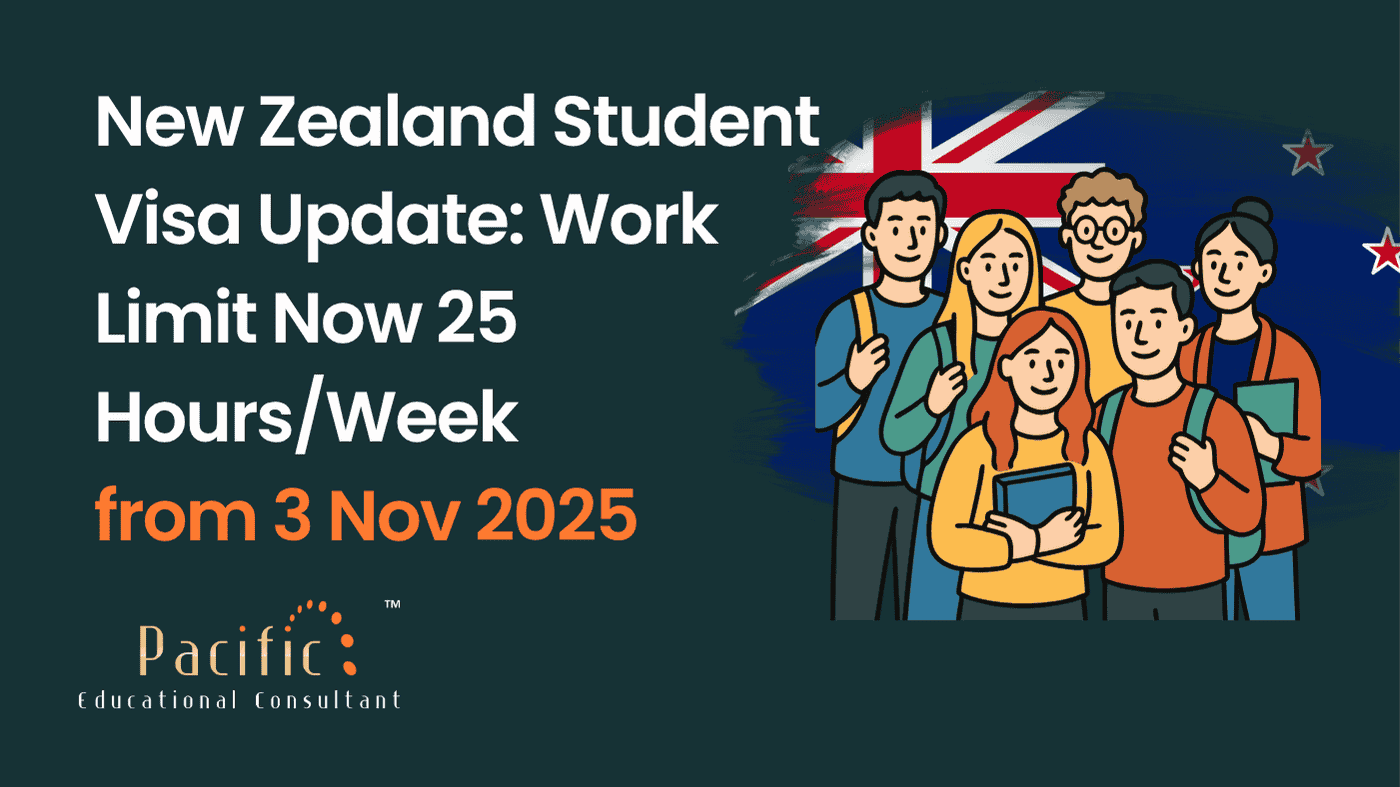
New Zealand Student Visa Update: Work Limit Now 25 Hours/Week from 3 Nov 2025
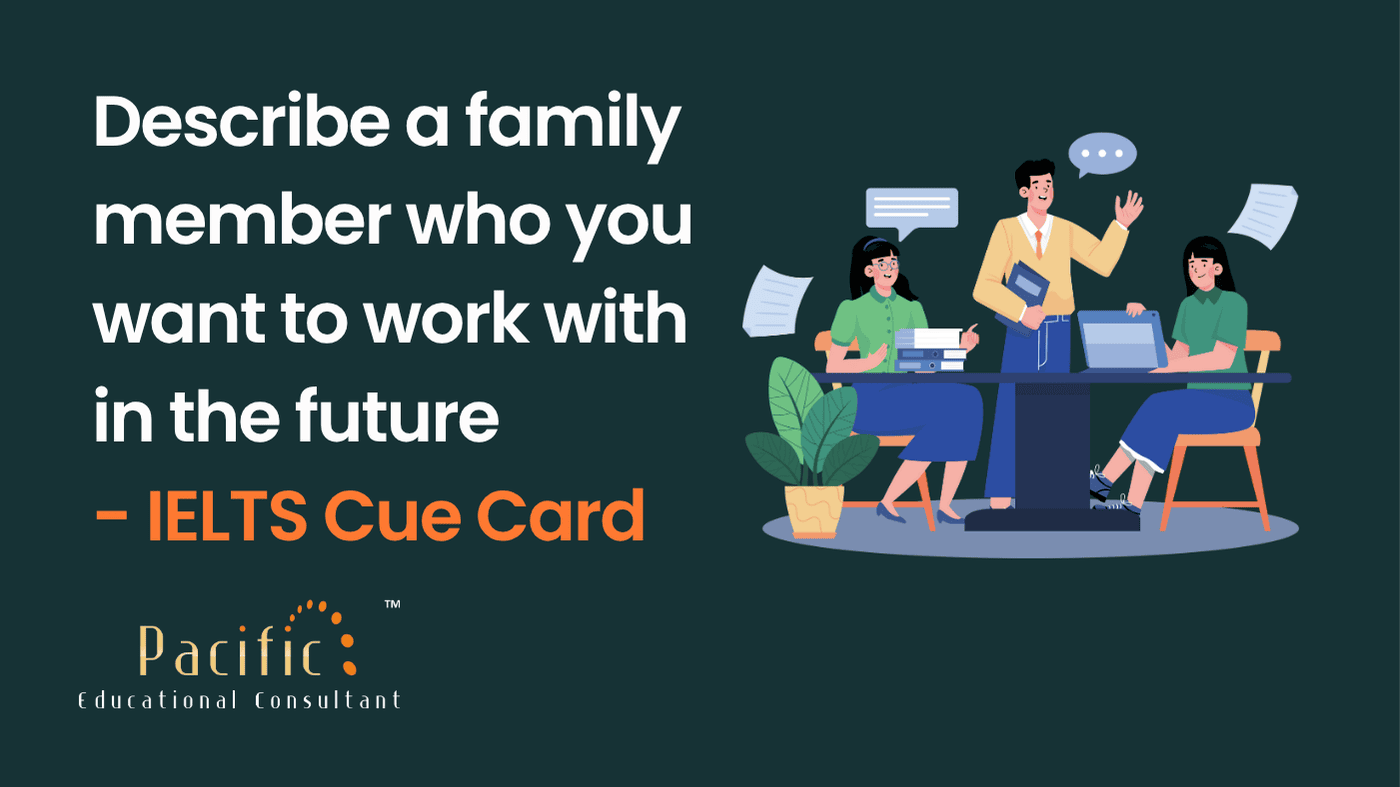
Describe a family member who you want to work with in the future - IELTS Cue Card
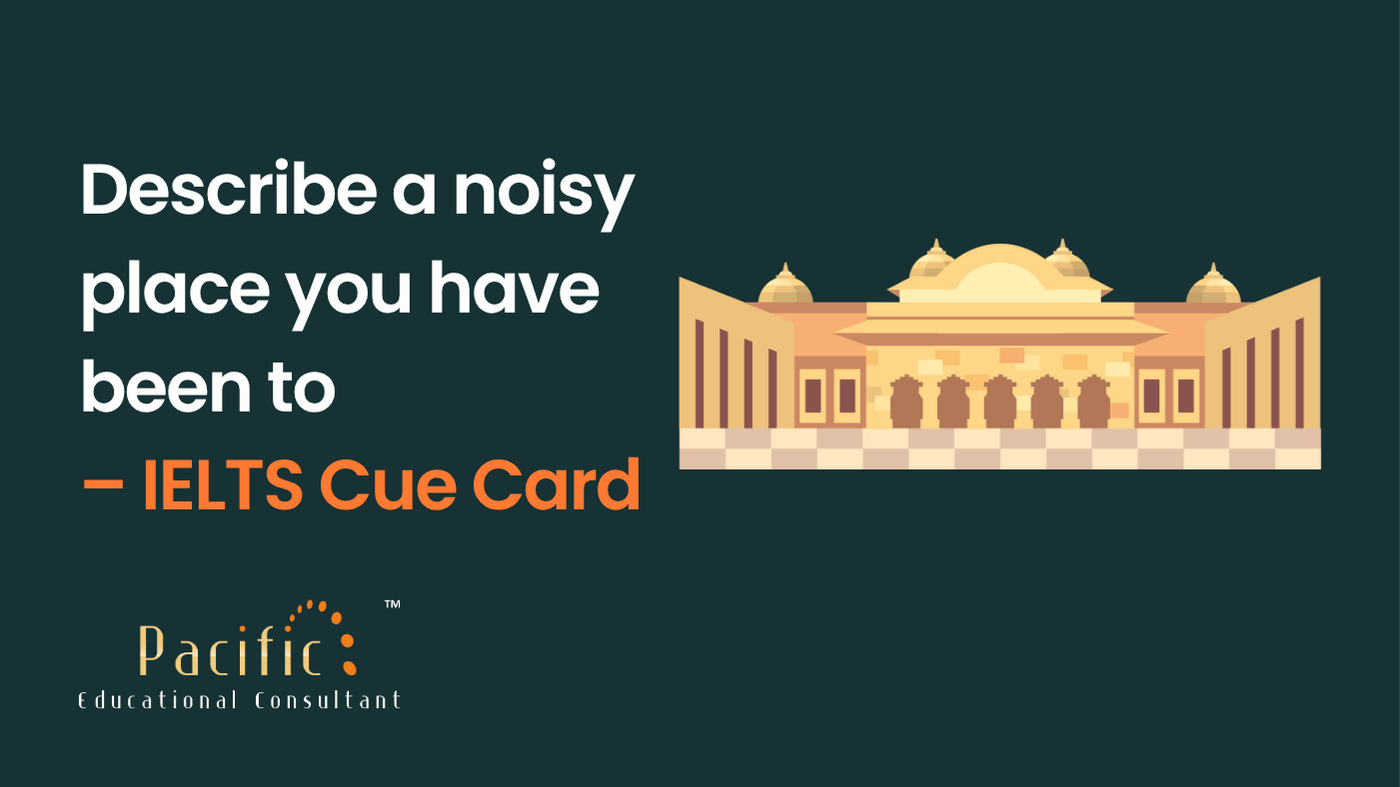
Describe a noisy place you have been to - IELTS Cue Card
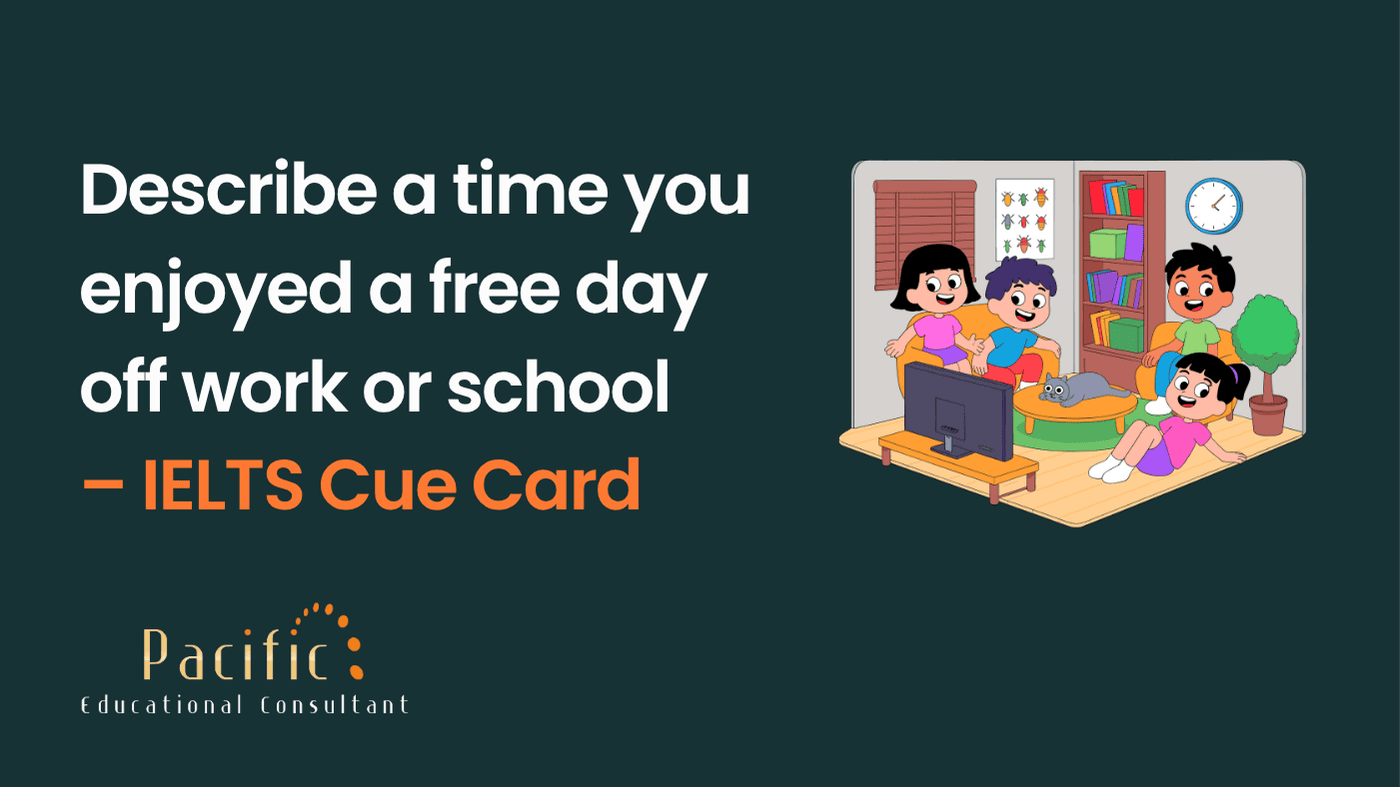
Describe a time you enjoyed a free day off work or school – IELTS Cue Card

Bachelor in Business Economics (BBE)
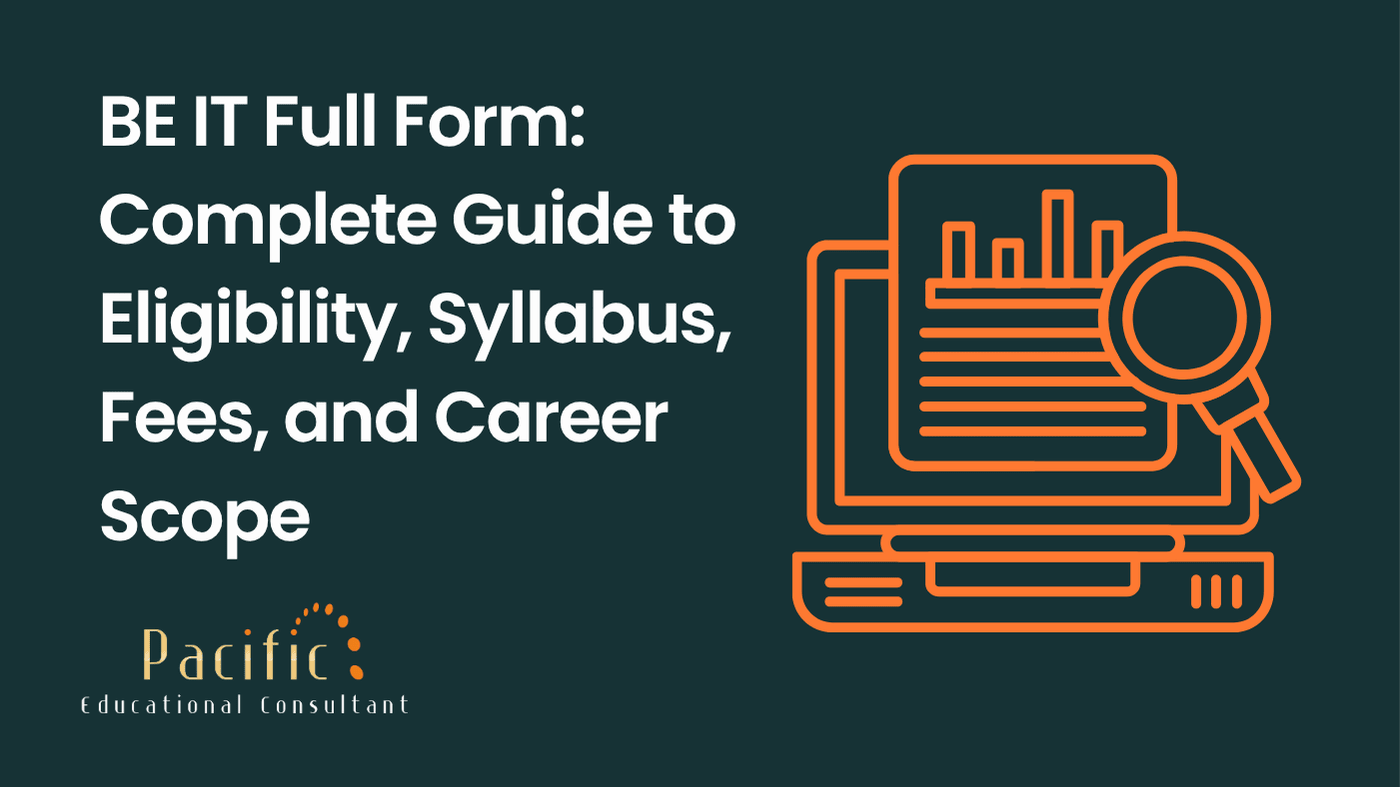
BE IT Full Form: Complete Guide to Eligibility, Syllabus, Fees, and Career Scope
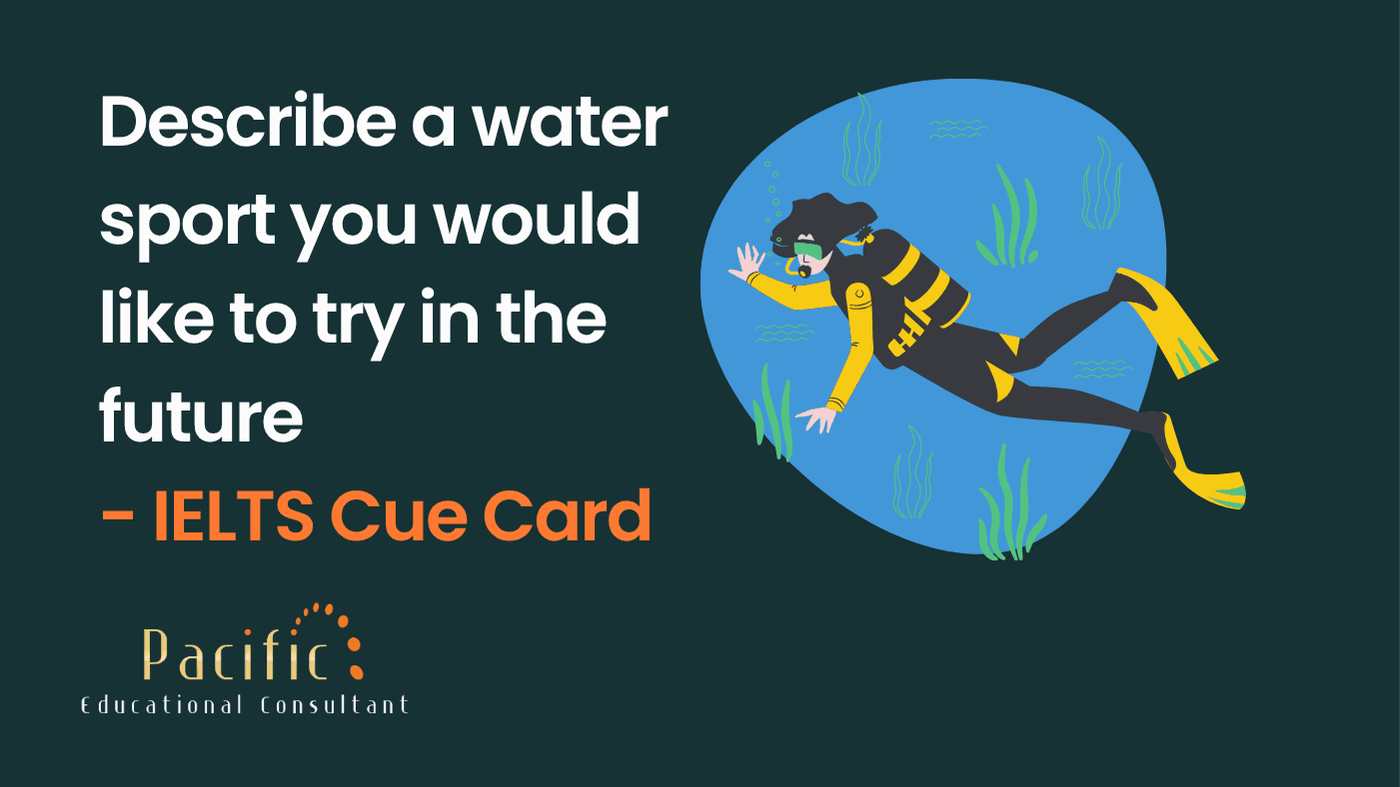
Describe a water sport you would like to try in the future - IELTS Cue Card
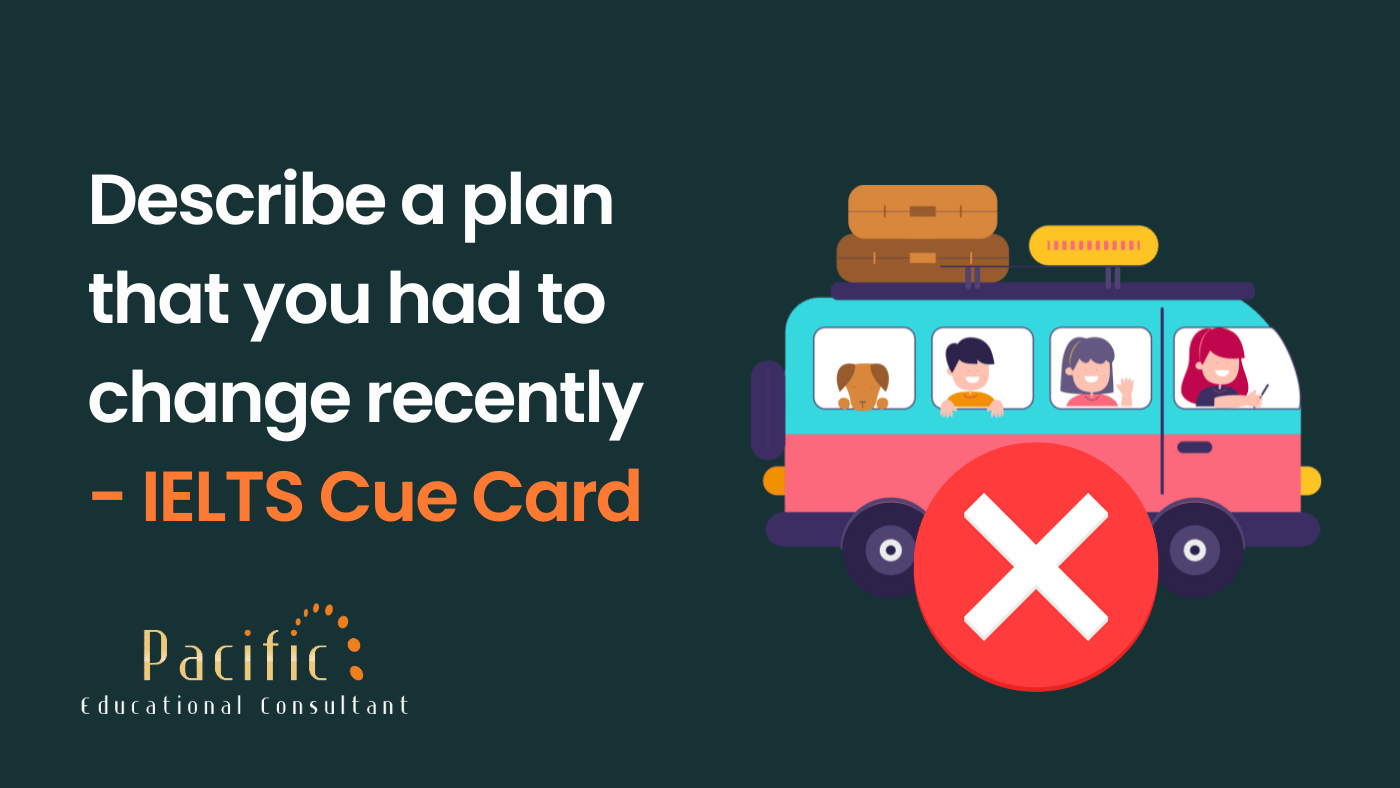
Describe a plan that you had to change recently - IELTS Cue Card
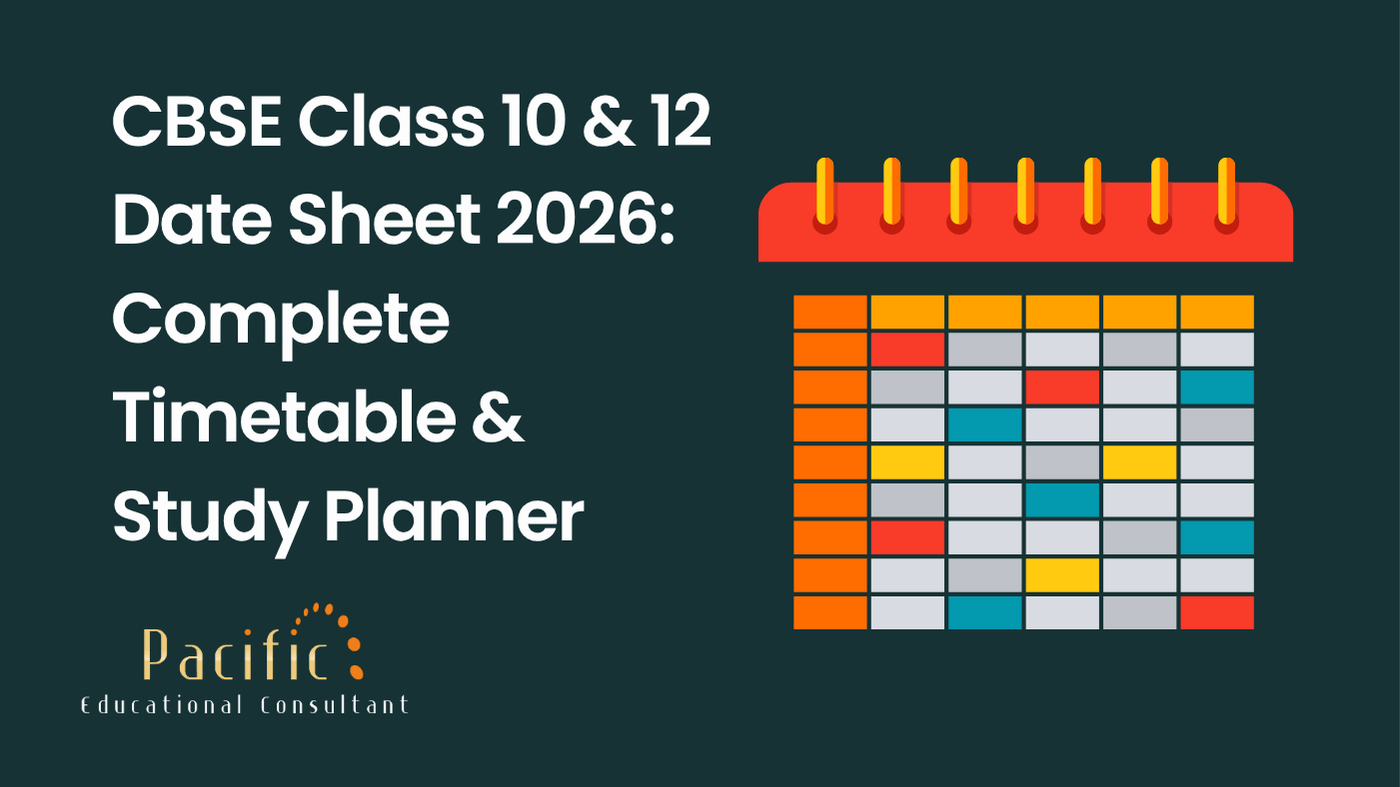
CBSE Class 10 & 12 Date Sheet 2026: Complete Timetable & Study Planner
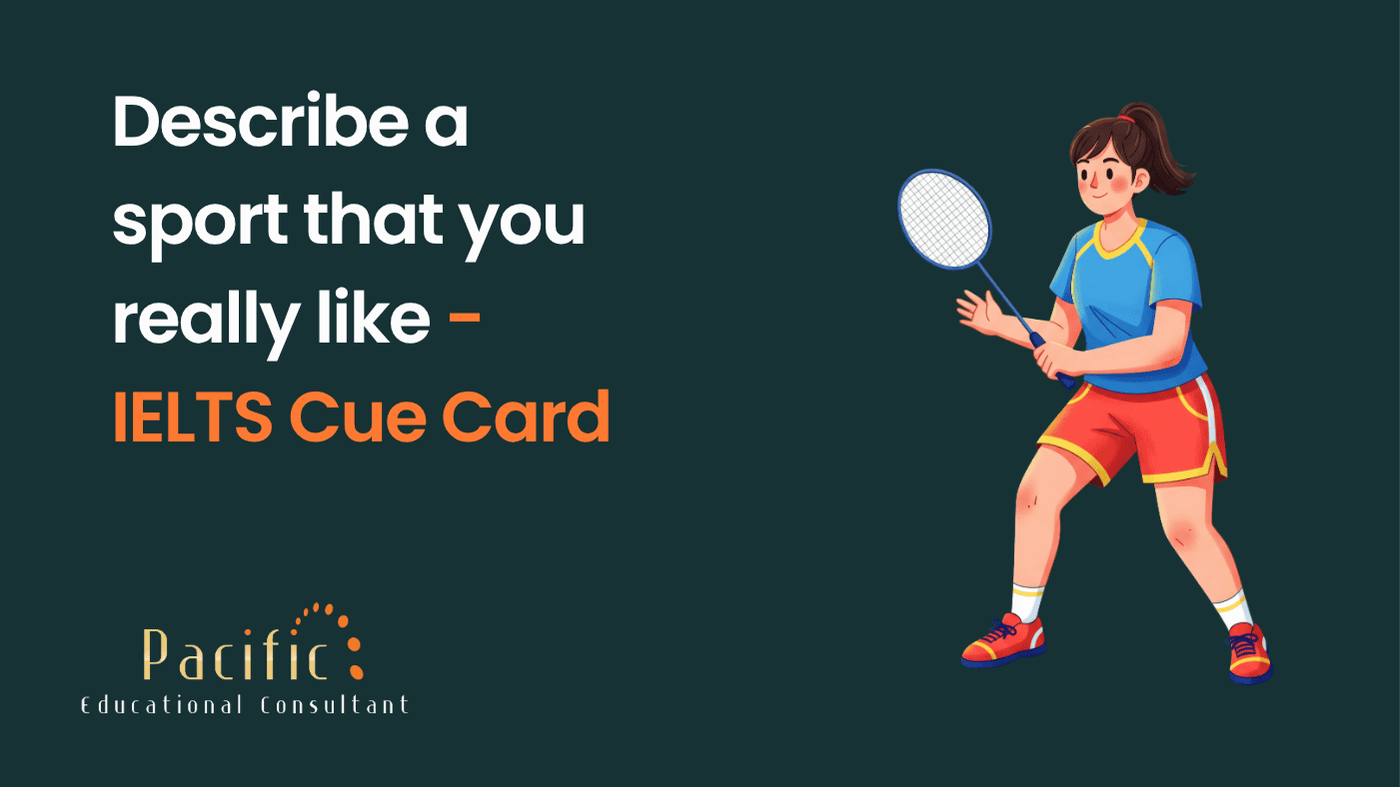
Describe a sport that you really like - IELTS Cue Card